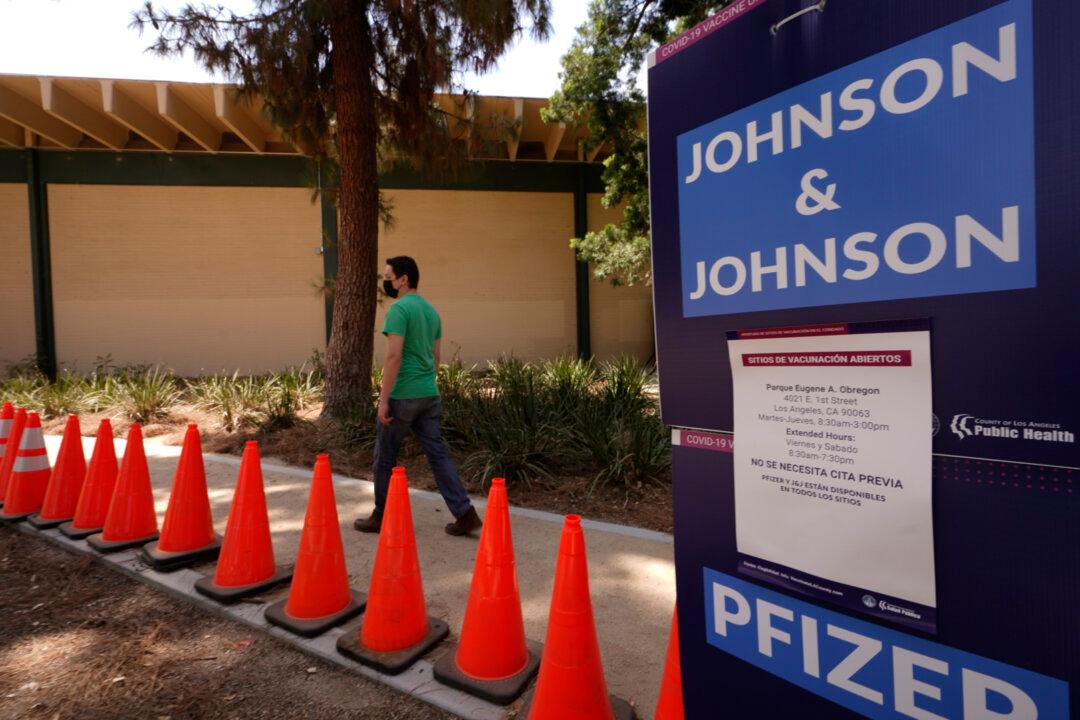The Food and Drug Administration (FDA) has agreed to extend the shelf life on Johnson & Johnson’s single-shot COVID-19 vaccine from four-and-a-half months to six months.
In a July 28 concurrence letter (pdf), the FDA said Johnson & Johnson had provided sufficient data to support the extension of the company’s vaccine to six months, including for already expired batches, provided they have been stored within the required temperature range of between 36–46 degrees Fahrenheit (2–8 degrees Celsius).





